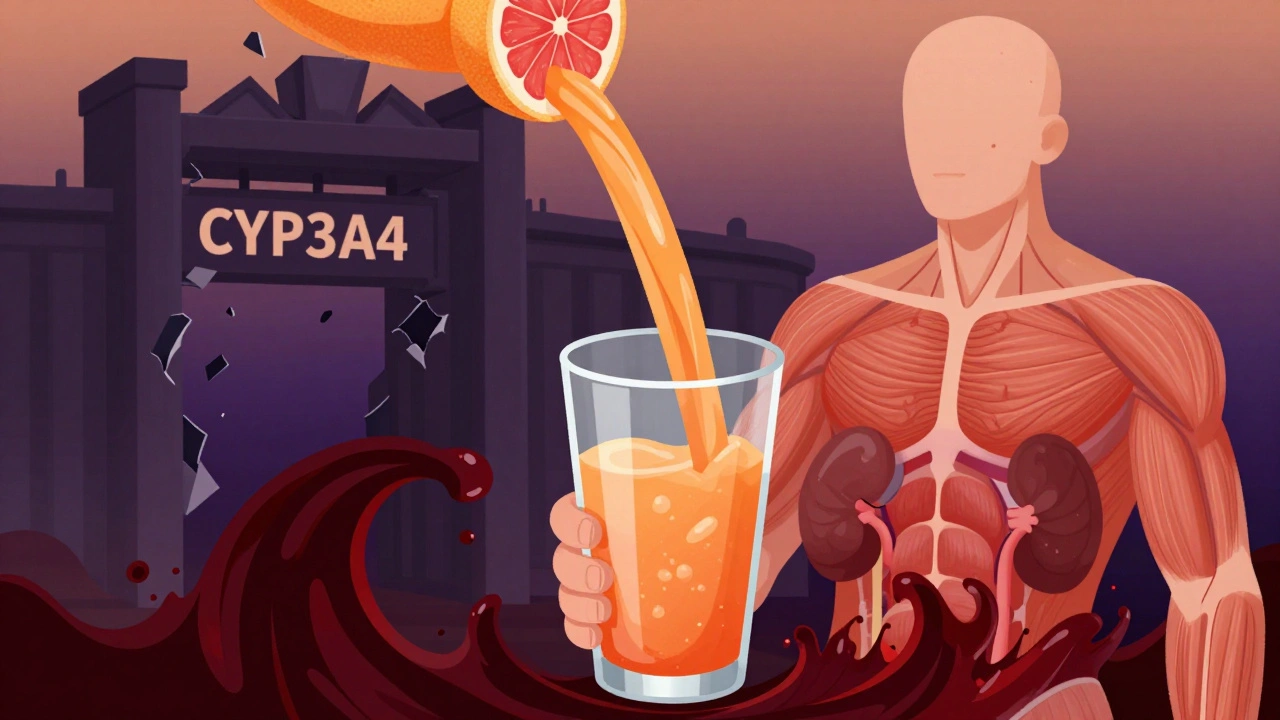
Understanding AIDS and Its Global Impact
Before we delve into the successful strategies employed by AIDS prevention programs worldwide, it's essential to understand what AIDS is and its global impact. Acquired Immunodeficiency Syndrome (AIDS) is a chronic condition caused by the Human Immunodeficiency Virus (HIV). It significantly weakens a person's immune system, making them susceptible to opportunistic infections and diseases. Despite numerous advancements in medical science, AIDS remains a significant global health concern. According to the World Health Organization (WHO), approximately 38 million people were living with HIV at the end of 2019, and over 690,000 people died from HIV-related causes within the same year. These statistics underscore the urgent need for effective AIDS prevention programs globally.
Confronting Stigma: Lessons from Thailand
Thailand's AIDS prevention program is often hailed as a success story in the global fight against the disease. The nation's strategy centers around confronting and dismantling the stigma associated with HIV and AIDS. The Thai government has been proactive in raising public awareness about the disease, emphasizing that it can affect anyone, regardless of their lifestyle or behavior. This approach has helped to break down barriers, facilitating open conversations about AIDS and the importance of regular testing. Thailand's prevention program also includes free condom distribution and needle exchange programs, which have led to a significant decrease in the country's HIV infection rates.
Emphasizing Education: Uganda's Youth-Centric Approach
Uganda stands out for its youth-centric approach towards AIDS prevention. The country has incorporated HIV and AIDS education into its national school curriculum to ensure that young people understand the disease and how it's transmitted. Through this educational initiative, the Ugandan government aims to empower the younger generation with the knowledge and tools they need to protect themselves against HIV. This proactive approach has resulted in a decline in new HIV infections among Uganda's youth, demonstrating the power of education in preventing the spread of AIDS.
Access to Antiretroviral Therapy: Success in Botswana
Botswana's AIDS prevention program has focused heavily on providing access to antiretroviral therapy (ART) for all HIV-positive individuals. ART is a medication regimen that helps to suppress the HIV virus and stop the progression of the disease. Botswana's government has made a concerted effort to ensure that ART is available to all who need it, regardless of their economic status. This strategy has not only improved the quality of life for people living with HIV in Botswana, but it has also significantly reduced the rate of new HIV infections in the country.
The Power of Community Involvement: Brazil's Approach
Brazil's AIDS prevention strategy is unique in that it heavily involves the community in its efforts to combat the disease. The country has numerous community-based organizations that work tirelessly to promote HIV testing, distribute free condoms, and provide support to people living with HIV. The Brazilian government has also implemented a strong public awareness campaign about HIV and AIDS, which has helped to reduce the stigma associated with the disease. This community-centric approach has proved successful in Brazil, contributing to a decline in new HIV infections and AIDS-related deaths.
In conclusion, the fight against AIDS requires a multifaceted approach, tailored to the specific needs and circumstances of each community. As we've seen from these examples, strategies such as confronting stigma, emphasizing education, providing access to treatment, and involving the community can yield significant results in preventing the spread of HIV and AIDS. The challenge lies in implementing and sustaining these strategies on a global scale. However, the success stories from around the world give us hope and serve as a roadmap for future efforts in AIDS prevention.






Julie Lamb
July 7, 2023 AT 08:28april kakoske
July 8, 2023 AT 02:24Pradeep Meena
July 8, 2023 AT 08:02Rishabh Jaiswal
July 8, 2023 AT 11:14May Zone skelah
July 8, 2023 AT 20:15Dale Yu
July 9, 2023 AT 18:34Kshitij Nim
July 10, 2023 AT 11:07Scott Horvath
July 10, 2023 AT 13:36Armando Rodriguez
July 11, 2023 AT 09:34jennifer sizemore
July 11, 2023 AT 22:48Patrick Ezebube
July 12, 2023 AT 10:51Kimberly Ford
July 13, 2023 AT 00:07Julie Lamb
July 13, 2023 AT 01:06